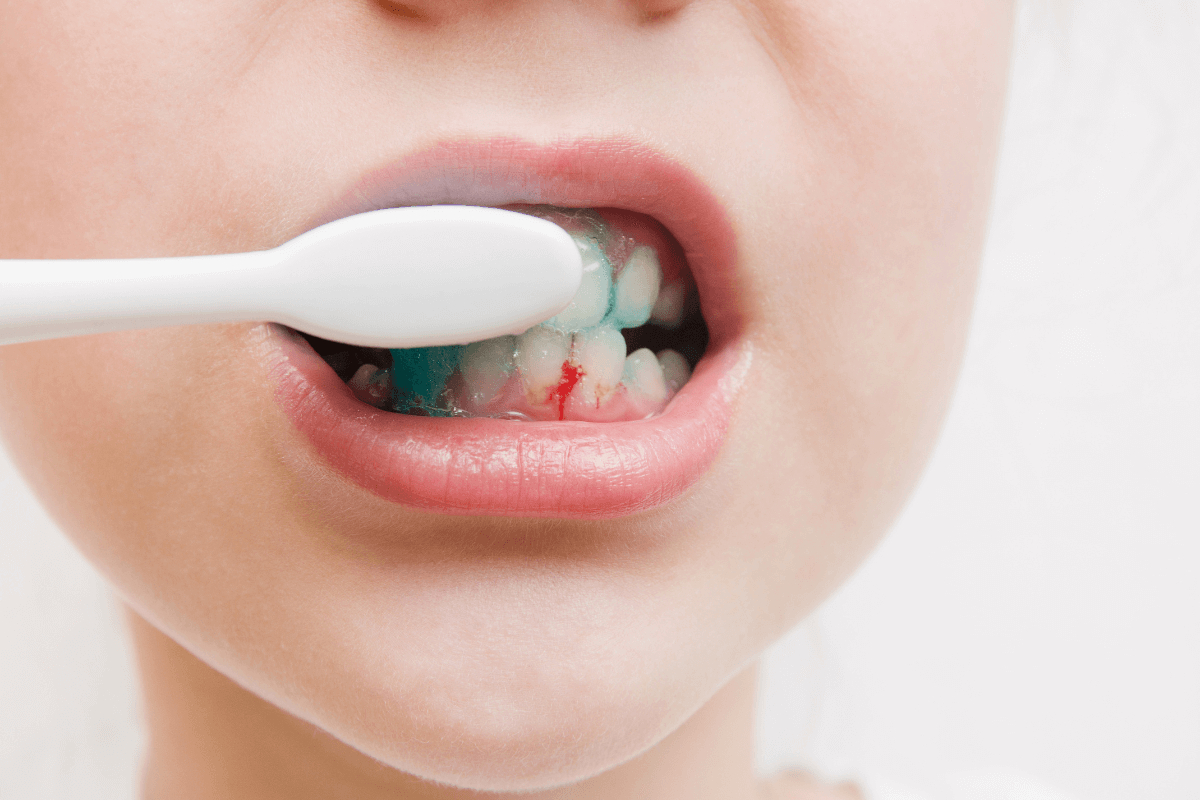
Bleeding gums and dental bleeding
What causes bleeding gums?
If your gums are bleeding after you have brushed your teeth, it could be a sign of gum disease. This happens when plaque builds up on your teeth and gums.
Early gum disease is known as gingivitis. As well as bleeding, this can cause gum redness and swelling (inflammation).
Advanced gum disease (periodontitis) happens when gingivitis is not treated. This causes:
- loose teeth
- bad breath
- tenderness or discomfort when biting
- receding gums (your teeth appear longer)
If you think you might have gum disease, it’s important to see a dentist. Getting treatment early can help protect your teeth.
How to prevent bleeding gums
If you notice signs of gum disease, you might need to pay more attention to your dental care.
Here’s how to prevent gum disease, and keep your gums healthy:
- Brush your teeth after every meal, for at least two minutes.
- Use dental floss every day — your dentist or pharmacist will be able to advise you about this.
- If your gums are sore, use a soft toothbrush.
- Antibacterial mouthwashes (available from your pharmacist) may also help. Talk to your dentist or pharmacist first, as sometimes medical mouthwashes can cause side effects.
- Your dentist can also give you advice on how to care for your teeth.
What causes mouth bleeding?
Mouth bleeding can often be caused by injury from a fall, or an impact to the face.
Mouth conditions, such as angular cheilitis and mouth ulcers, may also cause mouth bleeding.
Angular cheilitis causes cracked, split, and sore lips, as well as pain when opening the mouth. This can be prevented by:
- drinking water to keep hydrated
- using lip balm and ointment
- practicing good dental care
Ask your doctor or pharmacist for advice.
Mouth ulcers will usually clear up without treatment. You can ask your doctor or pharmacist about pain relief ointments.
Visit your doctor if you experience:
- a sore or ulcer that lasts more than 2 weeks
- difficulty swallowing or speaking
- repeated bleeding in the mouth
- red or white patches in your mouth
- swelling or numbness in the mouth
Bleeding after dental treatment or injury
You may start to bleed after dental treatment, or injury to your teeth and mouth. The advice below may help
- Apply pressure over the area with gauze. Alternatively, use a pad made from a clean, rolled up, cotton handkerchief or other clean cloth. Dampen the pad slightly with clean water.
- Keep this pad in place for 30 minutes without removing it. Check to see if the bleeding has stopped. If not, repeat the process. Keep the pad in place until you are seen by a dentist.
- Do not rinse your mouth or put your fingers in your mouth.
- If you are in pain, get advice on pain relief medicines you can take.
- Avoid strenuous activity.
- Avoid hot drinks and hard food. Cold foods such as yoghurt may be easier to eat, and provide pain relief.
- Smoking may irritate your mouth. If you smoke, try to cut down or quit.


